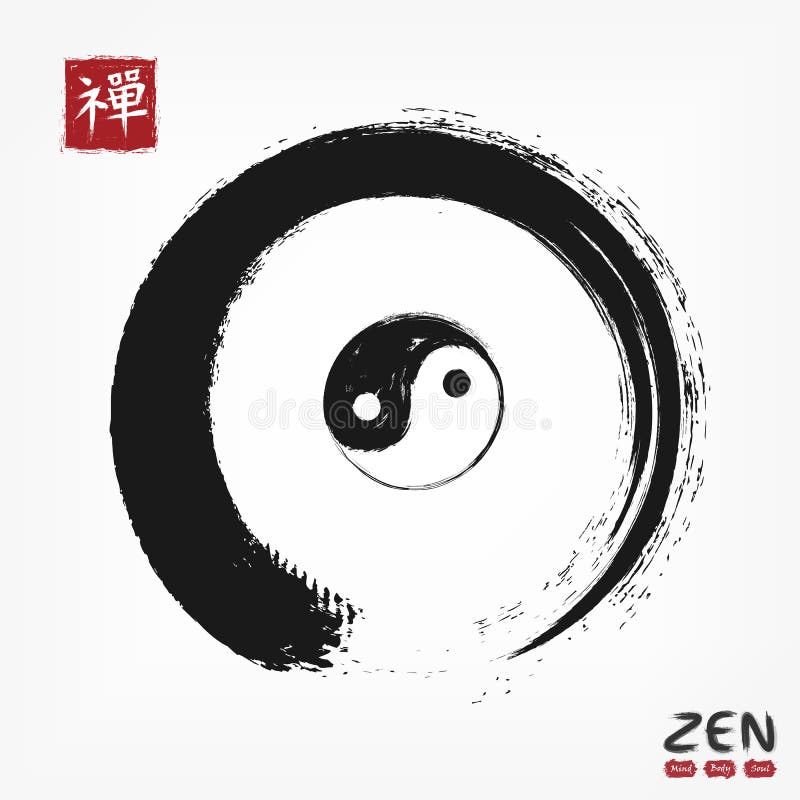
“The mind must always be in the state of ‘flowing,’ for when it stops anywhere that means the flow is interrupted and it is this interruption that is injurious to the well-being of the mind. Joe Hyams, author of Zen in the Martial Arts, quotes Bruce Lee as attributing the following to Zen master Takuan Soho: This is where you need to take yourself and your consciousness. You then achieve “No-mind”, or Wuxin, otherwise known as tranquility. In this state, we relax our bodies, let go of our worries, and empty our minds. Zen swordsmen, Tai Chi and/or Qigong practitioners, and most martial artists aim for a state of Wuxin. This allows the practitioner to use intuition, instinct, or trained natural responses to predict the moves of an opponent before they even execute them.

In other words, detaching or disassociating yourself to see the person or situation more clearly. Now the practitioner, be it in practice, combat, or everyday life, can tap into his or her subconscious and respond to any situation (or person) without hesitation, anger, fear, ego, or judgment.
#Shin zen meaning in chinese free
This means being free of the constraints, notions, preconceptions of the world, sense of self, and even restrictions of everyday life. In Wuxin (or No-Mind), a person’s mind is still and free of anger, fear, biases, ego, or wandering thoughts and judgments.

If your emotions are out of control, how do you collect your thoughts? If not for conflict, the mind would be still! Relaxing your mind (or emptying it, if you prefer) and becoming calm is an emotional process. and validate our thoughts through our emotions. When we think, we constantly judge, do self-reflection, show our doubts and insecurity. It’s important that we see reality - facts, if you will - rather than our perceived version which is colored by our emotions. Remember that emotions, which operate on the right side of the brain, can unfortunately, overrule the logical and rational mind on the left side. It is the intensity of our emotions that influences or hijacks the way we understand and look at things. Our thoughts are a result of heart and emotion. Confusing? However, in Chinese philosophy, the brain and heart are very connected. However, it is sometimes translated to “heart-mind”, meaning the emotional mind. Today it is usually translated in English as “mind”. The older Chinese character “xin” means heart. The Yin-Yang symbol, which has become more recognizable in the West in recent years, is a good representation of the “no-mind” concept.

“No-Mind” is a state of clarity and focus. Wuxin is commonly practiced in Zen Buddhism, Taoism, and is practiced as Mushin in Japanese. This well-known, and often practiced, Eastern Philosophy has been around for hundreds of years. Wuxin (or Wu Xin) in Chinese means “no-mind”.


 0 kommentar(er)
0 kommentar(er)
